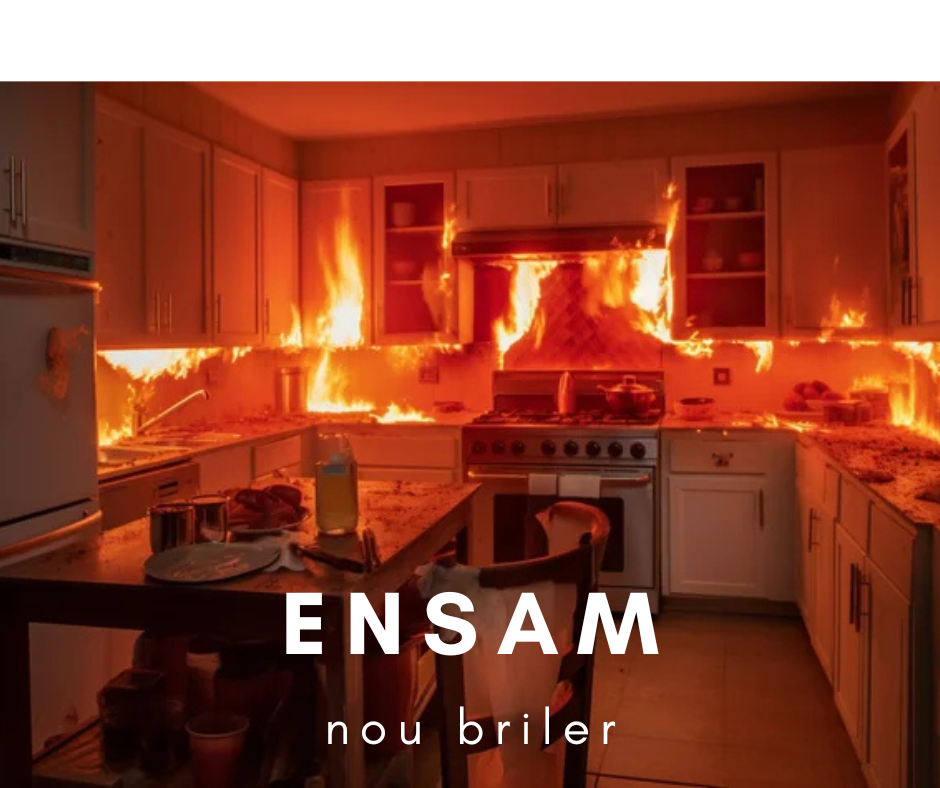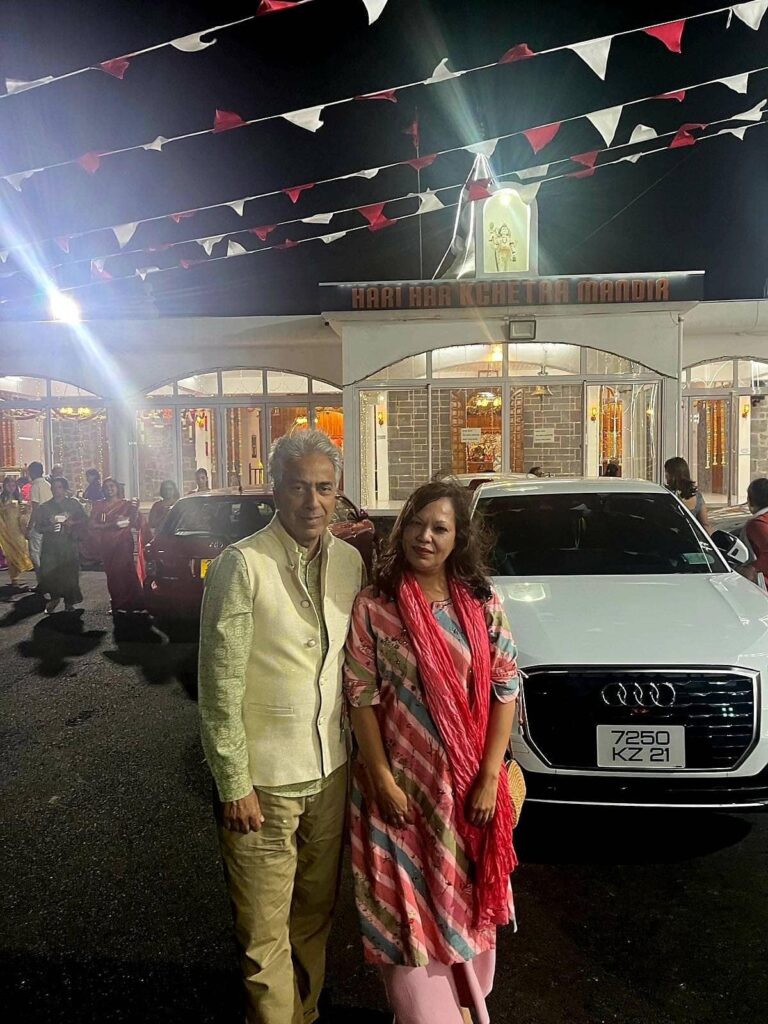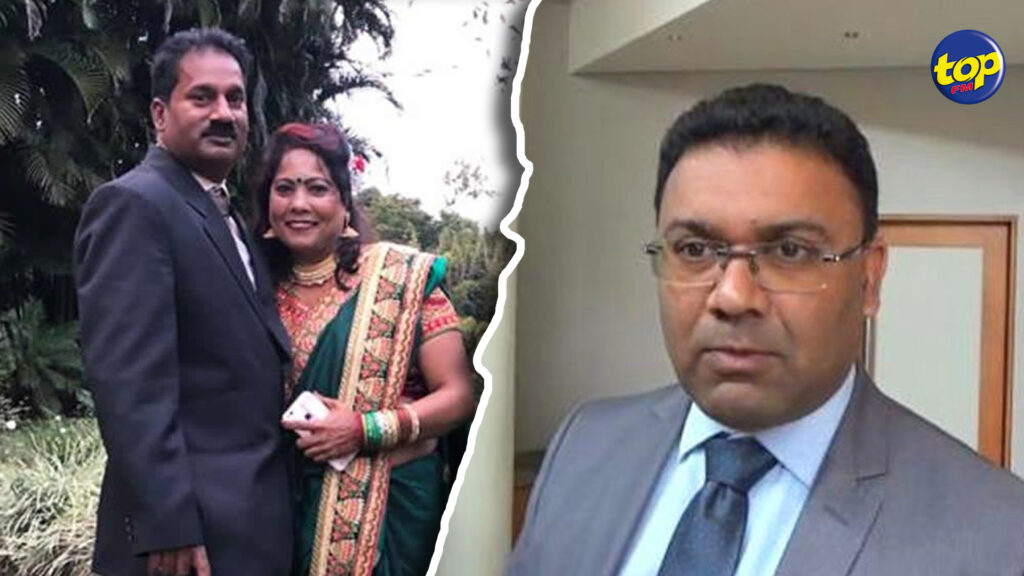![]()

In a chilling display of political manipulation, the ruling MSM party has unleashed a TikTok-fueled disinformation campaign, saturating social media with communal hatred and fake news. With a sophisticated arsenal of AI-generated videos, deepfakes, and fabricated profiles, the campaign has become a well-oiled digital war machine designed to hold onto power—no matter the cost, even if it risks igniting a civil war.
According to insiders, Rs 5 million per company (20 companies) has been funneled into these operations, creating a network of fake online armies that bombard Mauritians with divisive content. Through these digital brigades, the MSM is crafting an illusion of overwhelming support while manipulating public opinion. The goal? To tighten its authoritarian grip on the country by sowing confusion, fear, and distrust.
This nefarious tactic is more than just a political strategy—it’s a direct threat to democracy. From expertly crafted misinformation to deliberate communal incitement, the MSM’s TikTok brigades are blurring the lines between truth and falsehood. The truth no longer matters in this dangerous game of politics, where power is the only objective.
As these AI-generated images and videos flood social media, the fear of a nation manipulated into chaos grows. The longer this disinformation campaign persists, the more the very fabric of Mauritian society unravels. Trust in leadership is eroding, and a once peaceful nation finds itself increasingly divided along ethnic and communal lines. The stakes are high—this is no longer a virtual battle but a direct assault on unity and freedom. With Rs 5 million fueling the effort, the fight is far from over, and the future of Mauritius itself is in jeopardy.
Global Parallels: A Playbook of Digital Control

The MSM’s digital manipulation is not a new phenomenon. The same tactics have been deployed by authoritarian regimes around the world to maintain power, using social media and fake news as weapons of control. Russia’s interference in foreign elections offers a stark comparison. The Kremlin’s infamous Internet Research Agency became a global player in the art of misinformation, using fake accounts and bots to sow division, create confusion, and undermine democracies. Their playbook involves spreading fabricated news and polarizing narratives, much like the MSM’s TikTok brigades today.
In Hungary, Viktor Orbán’s government has also capitalized on social media disinformation. His regime has systematically undermined the press while flooding social media with pro-government propaganda and targeted attacks on political opponents. By controlling the digital narrative, Orbán has cemented his power and curtailed opposition voices, just as the MSM seeks to do in Mauritius.
North Korea presents an even more extreme example. With its iron grip on information, the regime restricts citizens’ access to the outside world, bombarding them with fabricated narratives that praise the leadership and demonize outsiders. In the digital age, North Korea has taken steps to control its citizens’ access to any form of communication, feeding them only state-approved misinformation to keep the population isolated, fearful, and loyal.
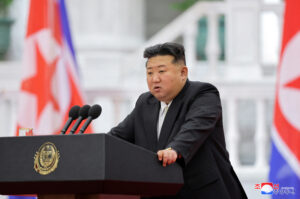
These regimes have mastered the art of using disinformation as a weapon—a means of maintaining control by distorting reality. The MSM’s efforts in Mauritius mirror these tactics, marking a dangerous shift toward authoritarianism.
A Threat to the Future
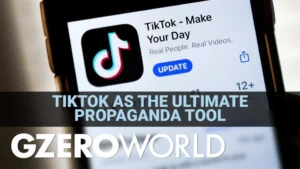
What makes this digital campaign particularly dangerous is its potential to destroy the fabric of Mauritian society. In a country known for its multicultural harmony, the MSM’s use of communal division and ethnic hatred threatens to undo decades of progress. By targeting specific communities with false and inflammatory content, these TikTok brigades are driving a wedge between people who have lived in peace for generations.
As AI-generated videos and deepfakes become more convincing, distinguishing fact from fiction becomes increasingly difficult for the average citizen. With trust in traditional media eroding and social media algorithms amplifying sensational and divisive content, the MSM’s disinformation campaign is amplifying a growing distrust in leadership. The consequences of this could be disastrous—not just for the MSM’s political opponents, but for Mauritius as a whole.
The power of disinformation lies in its ability to manipulate emotions, and fear is its most potent weapon. By creating an atmosphere of fear, distrust, and communal tension, the MSM seeks to control the narrative and maintain its hold on power. But in doing so, they are playing a dangerous game. The price of this power grab? The very future of Mauritius itself.
If unchecked, this campaign could tear the country apart from within. As the digital war machine continues to spread hatred, the nation faces the very real possibility of a breakdown in social cohesion and peace. The use of AI-generated misinformation is not just a political tool—it’s a direct threat to the stability and unity of Mauritius. And with Rs 100 million backing these efforts, the danger is far from over. The battle may be digital, but the stakes are all too real.
Fighting Back Against Digital Authoritarianism
Mauritians must recognize the dangers of this disinformation war and demand accountability from their leaders. While the MSM has adopted tactics straight out of the authoritarian playbook, citizens still hold the power to resist. Awareness and education about digital manipulation are the first steps in combating this digital war machine. People must question the content they consume, especially on platforms like TikTok, where false narratives are spreading faster than ever.
Civil society, independent journalists, and opposition leaders need to join forces to expose these tactics for what they are: an assault on democracy. The future of Mauritius depends on it. Without a concerted effort to fight back against these digital disinformation tactics, the nation risks losing more than just a political battle—it risks losing its freedom, its unity, and its very identity.
Reposted.

